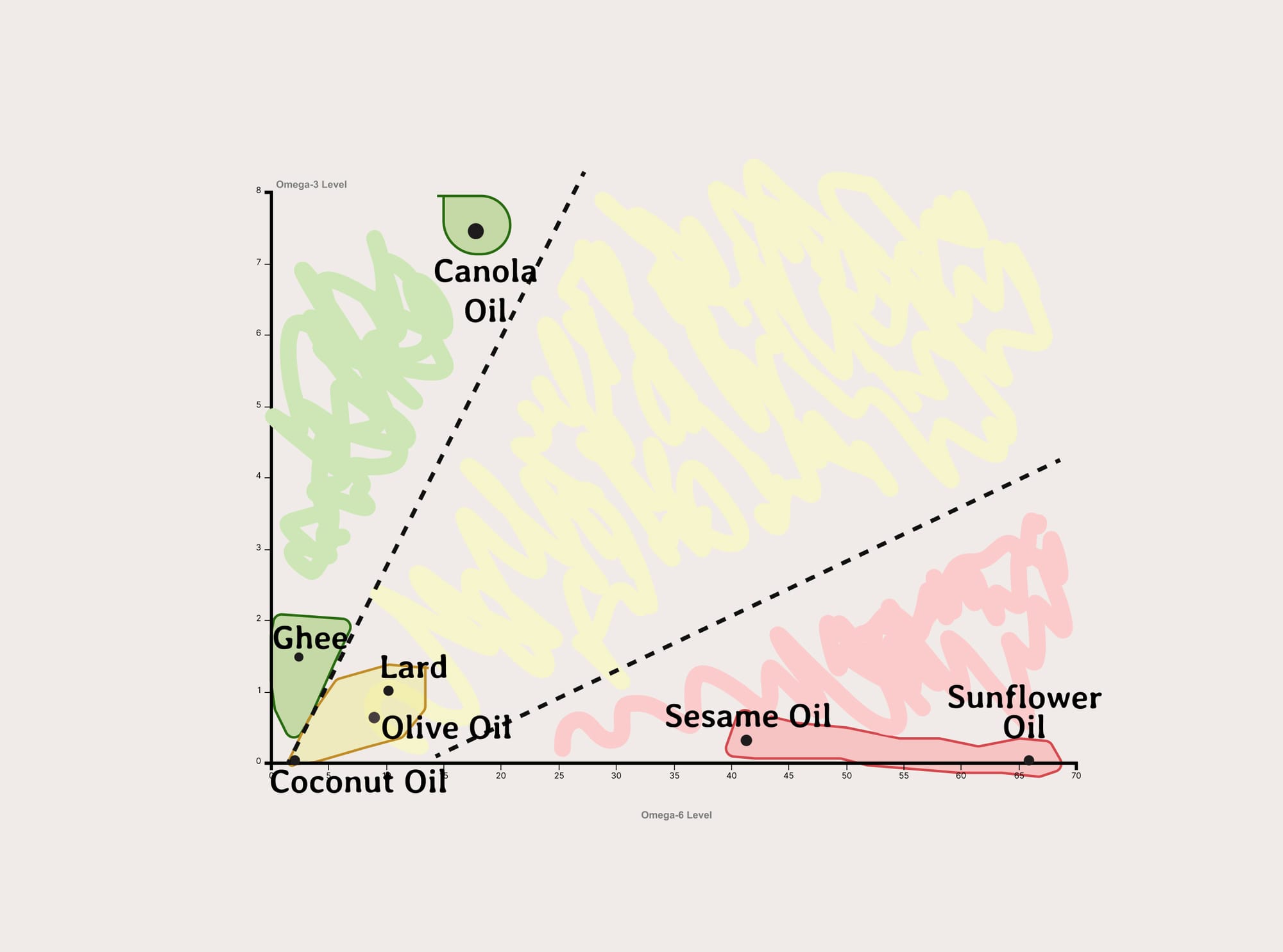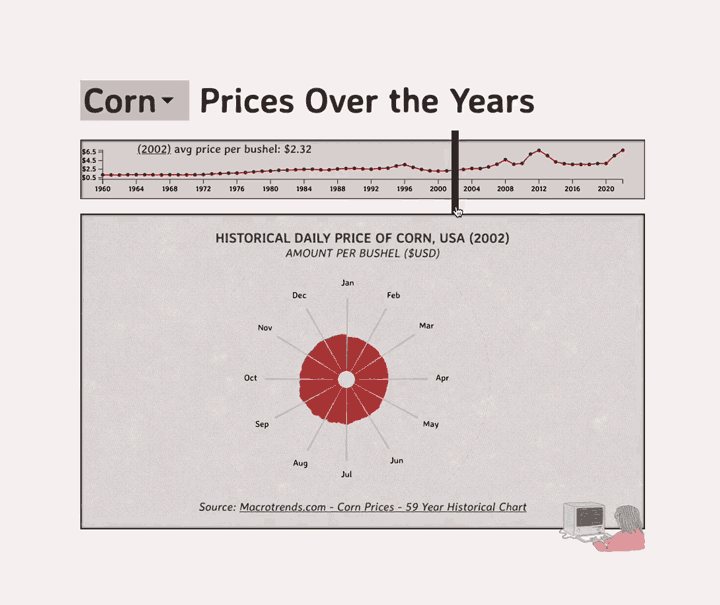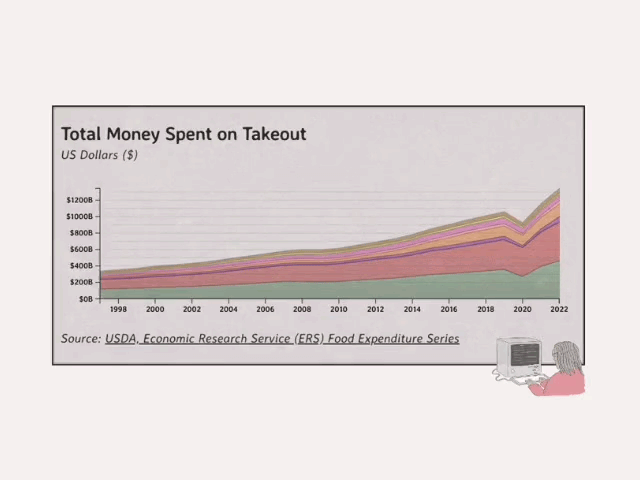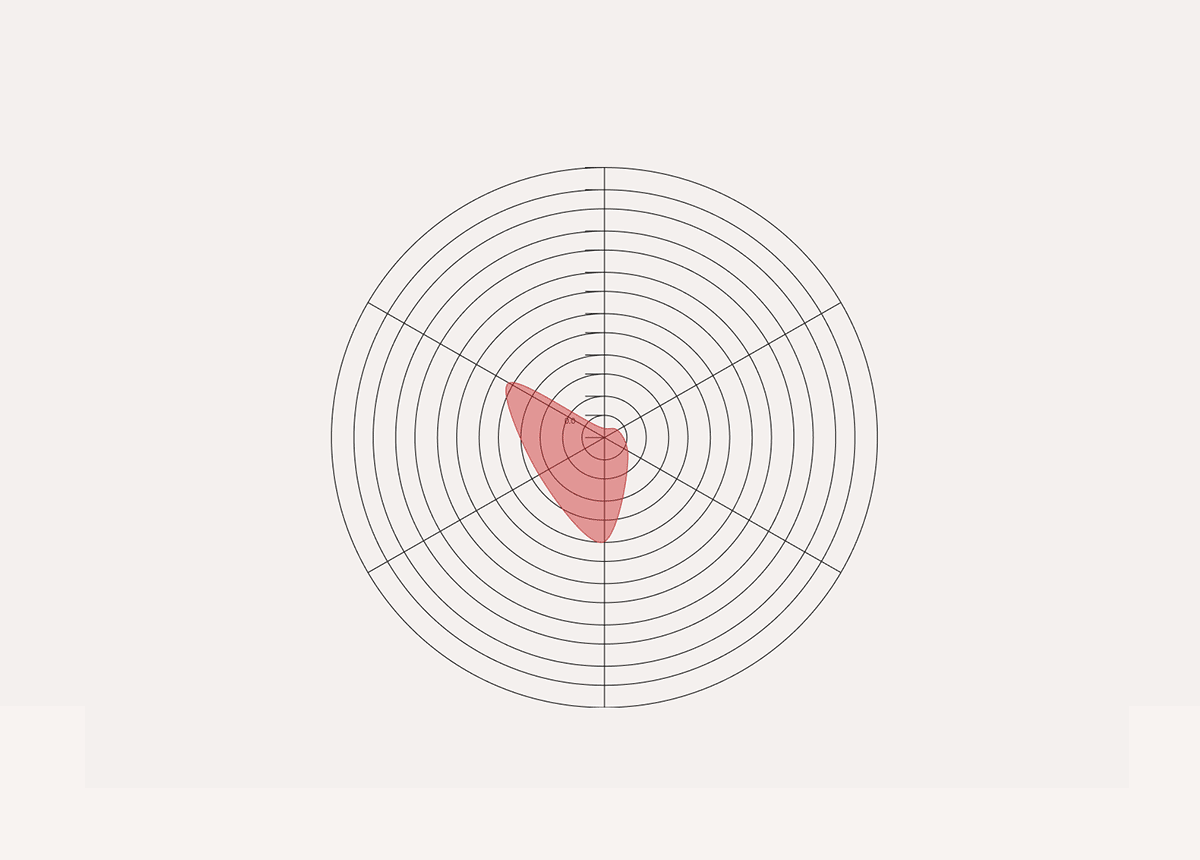Should We Avoid Chemical Fertilizers?
Synthetic fertilizers containing nitrogen can lead to water and environment poisoning via nitrate poisoning when they leach into water bodies
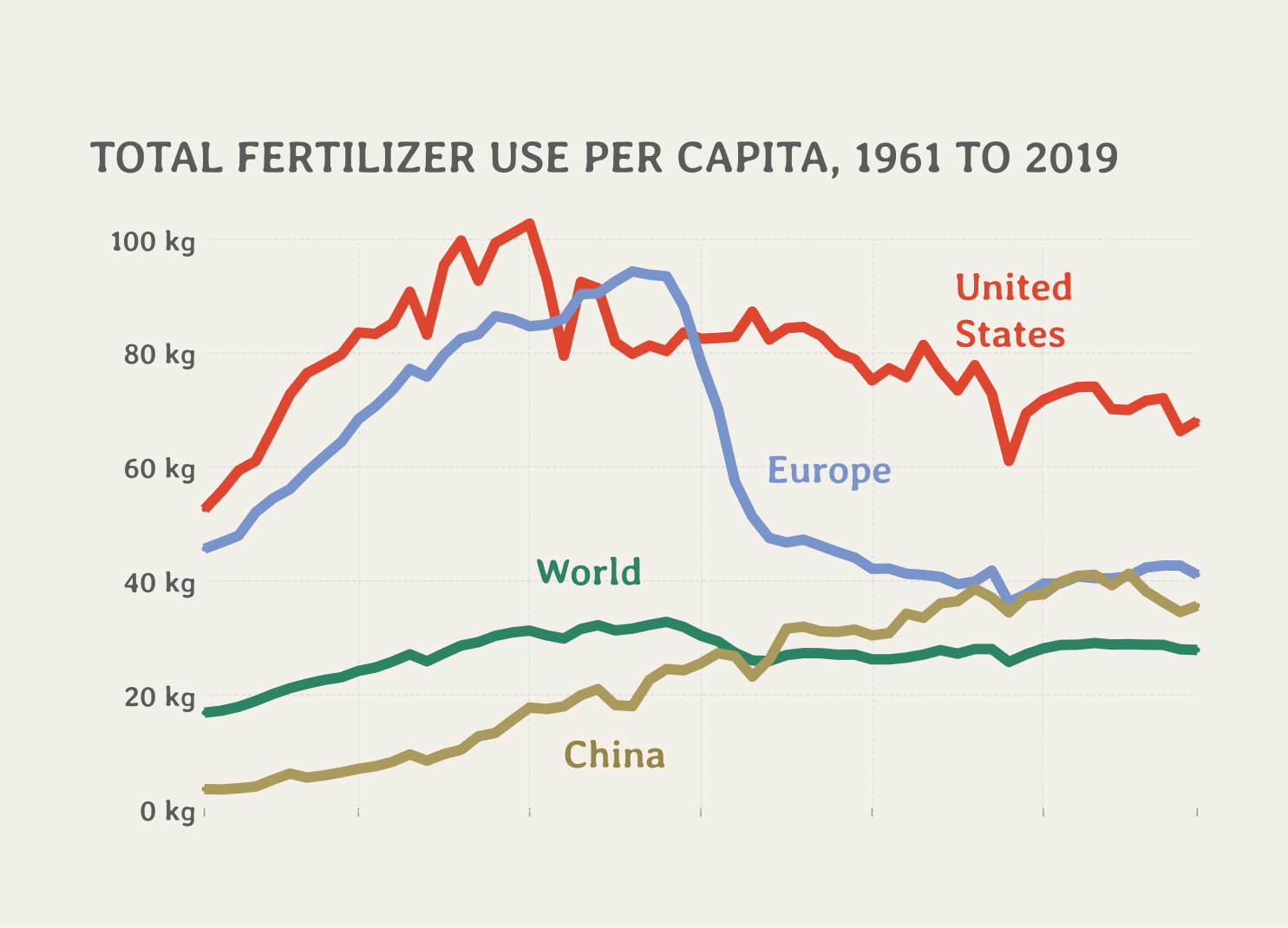
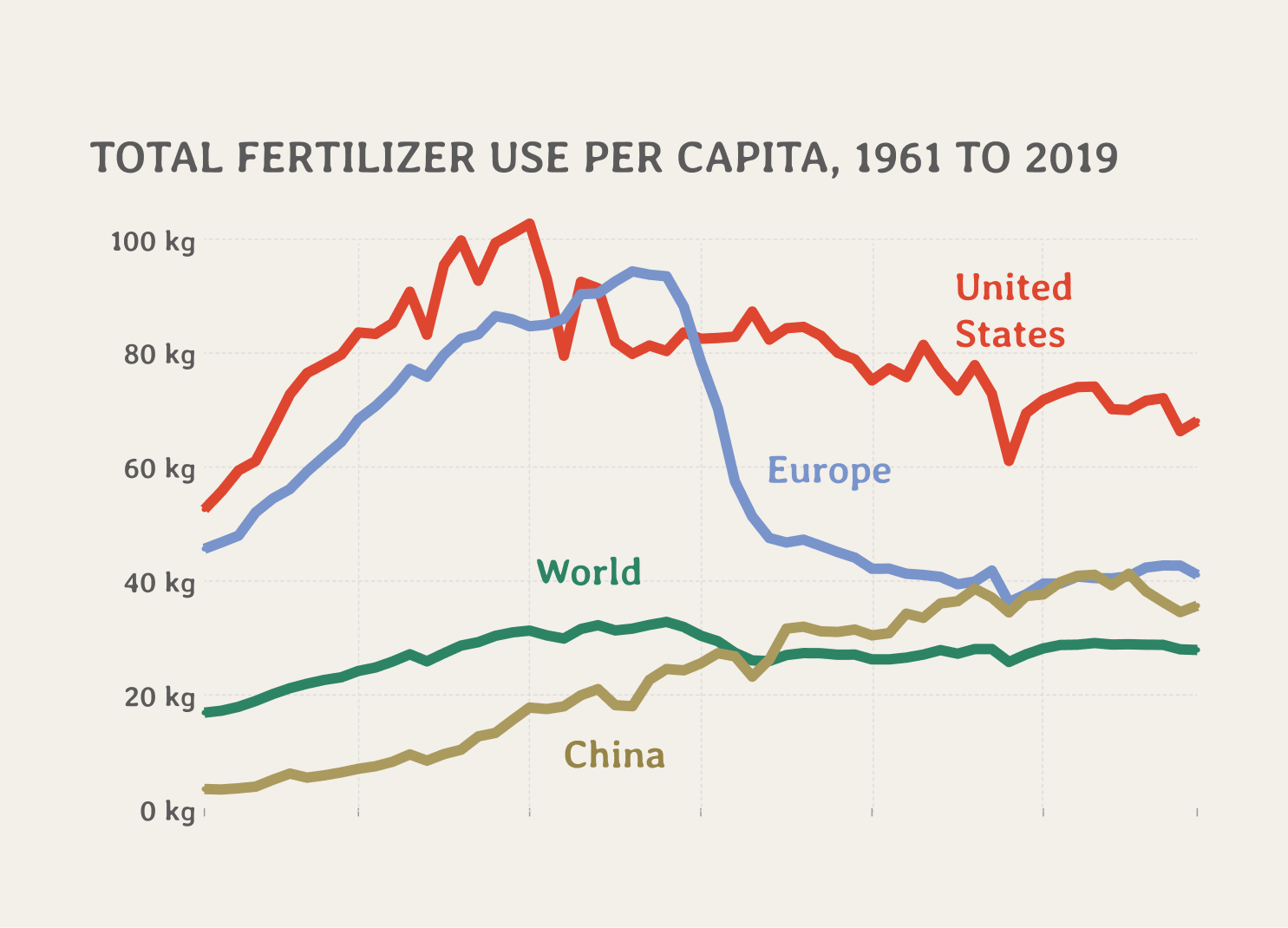
Yes, is the short answer, but like everything in nutrition, there's more to the story.
Fertilizer can be organic (manure, compost) or synthetic (made from chemicals), and its the latter that has been called into question, because its one of the things that's killing us (source). More specifically, synthetic fertilizers containing nitrogen can lead to water and environment poisoning via nitrate poisoning when they leach into water bodies. Elevated nitrate levels can lead to serious health issues, and has already been linked to colorectal cancer, thyroid disease, and neural tube defects (source).
The EPA has already set a maximum contaminant level of 10 mg/L for nitrates in drinking water to protect against some of these health effects (source), but with such negative consequences, it begs the question as to why we are still using them in the first place.
Why do we use fertilizer in the first place?
Fertilizer use has grown since the mid-20th century due to the Green Revolution. Some people remember the revolution as a time when agricultural productivity increased dramatically worldwide, particularly in developing countries. I also remember it as when countries had some chemicals left over from World War 2, and decided putting it into our food was a good way to go (source). If you're curious, I've written before about the mid-20th century and its invention of fortified foods, and some of the health effects have come about its cause (source).
Short answer: there was a boom in population, which led to a demand for food, and the world responded with different technologies, fertilizers and pesticides being some of them.
The stereotype is that America is notoriously bad at fertilizer and pesticide usage, and that is kind of true. In reality, the whole world is on this shit, but the US does uses more than twice the amount of fertilizer per capita than the rest of the world. Even Europe tapered off in the 80s and 90s because of the environmental consequences.
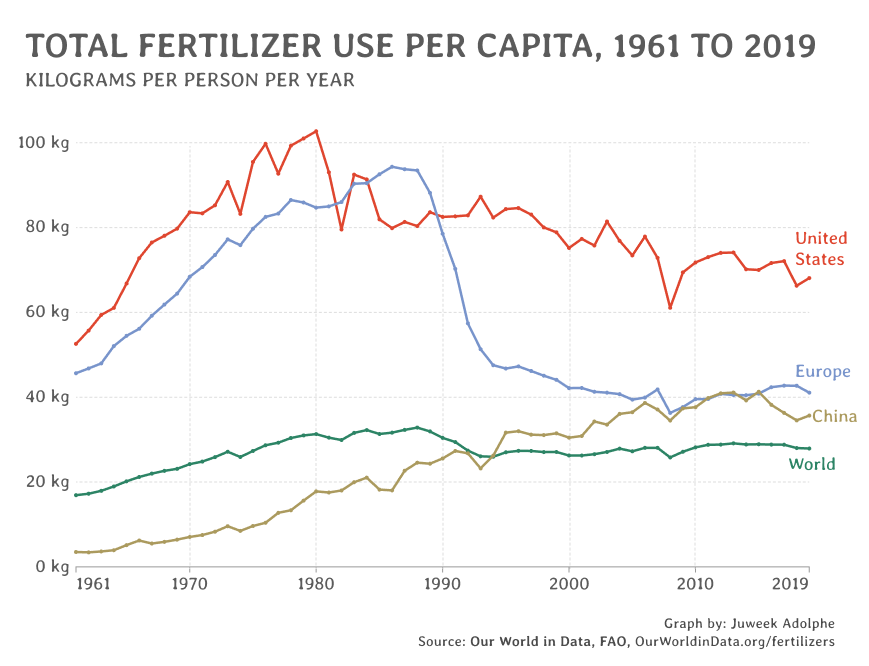
While fertilizers make crops grow better and faster, in an average agricultural field, only ~50% of the nitrogen from fertilizers is used by crops [4]. That equates to about 12 million nitrogen elephants (~165 billion pounds) every year. And this is where the problem lies; the lost nitrogen can end up in the atmosphere or in waterways, such as groundwater, streams, lakes, rivers, and oceans (Figure 2), and this lost nitrogen causes a variety of environmental issues that lead to those health outcomes listed above. [2].
Domestically, there was a sharp increase in the 60s and 70s, and our use has eventually stabilized since then, with a slight dip during the 2007 economic crisis.

Is there a way to avoid fertilizer?
Avoiding nitrate contamination depends more on where you live and the quality of your water supply, as nitrates can still leach into groundwater and surface water from nearby conventional farms. Because of this, rural and agricultural areas are often at higher risk. There's a map on the USGS website that allows you to see current water systems in the US that have nitrate violations (and organizes by state, as well), and currently, there does seem to be a slow increase in nitrate violations over time in the US (source).
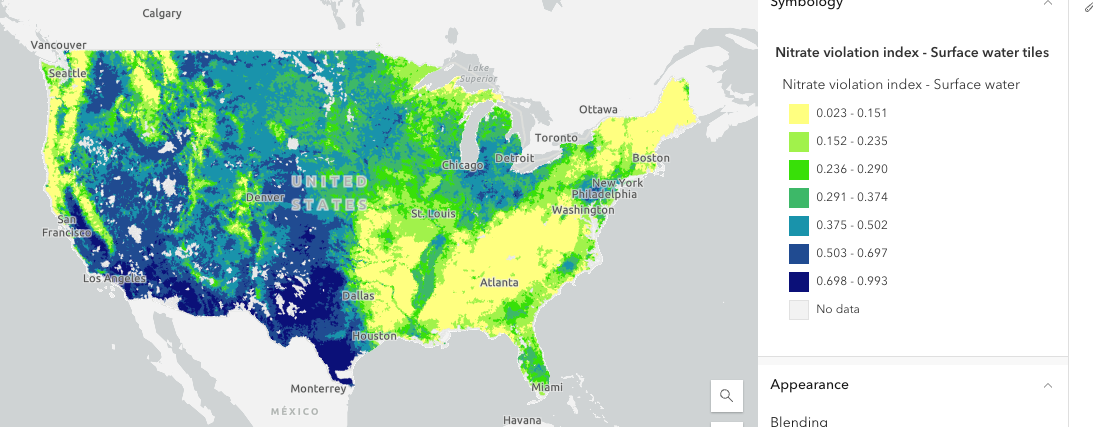
Eating organic food may reduce your exposure to synthetic fertilizers because organic farming prohibits the use of synthetic fertilizer, so that's +1 point to the organic folks out there.
Something else that should also help is filtering out the water, specifically with a reverse osmosis system and water bottles (source). According to a large scientific review of 2,743 studies, reverse osmosis systems water filters can reach nitrate removal rates of 85.03% (source). It won't guarantee our water won't still exceed the EPA's safety limit of 10 mg/L, but its a start.
Lastly, there's small scale farming. With greater transparency on their sources of food and water, and embrace of organic fertilizers versus synthetic ones, your best bet is to buy food from clean places. I used to be an avid composter (still plan on doing so), and that's one of the first things to come to mind. I leave you with the same challenge I'm giving myself: learn more about growing food.
